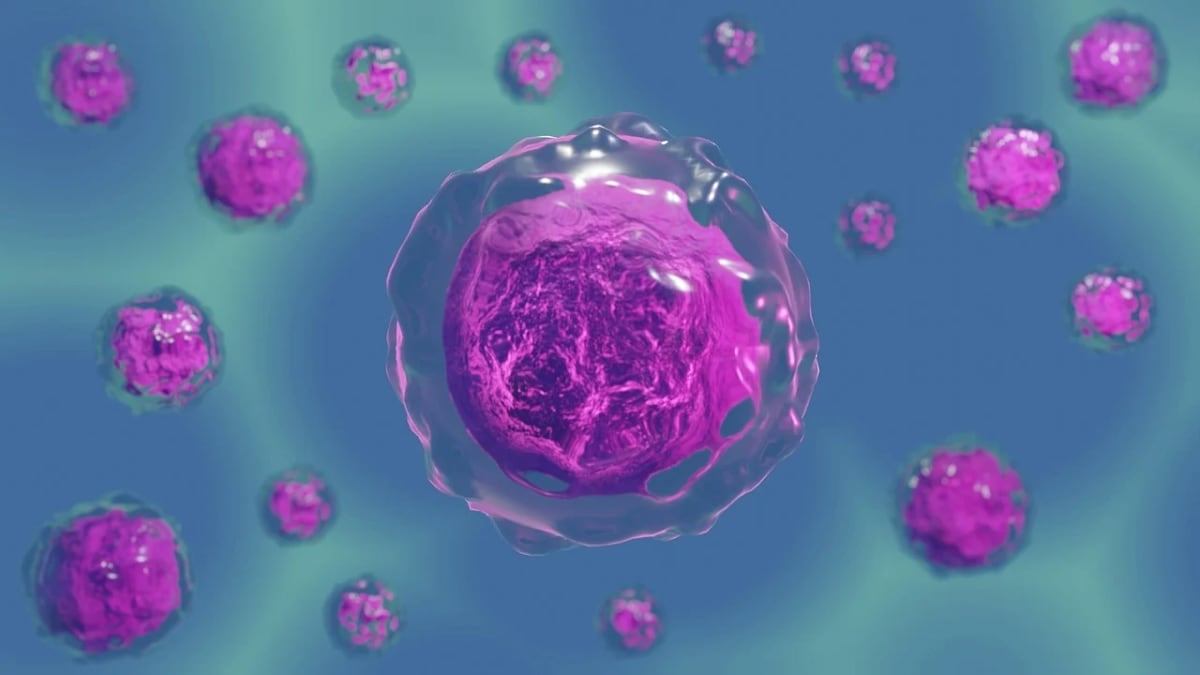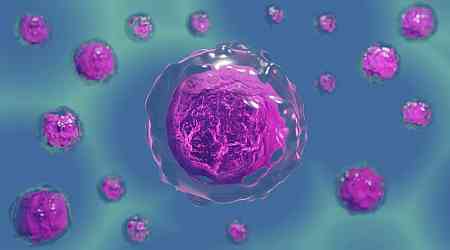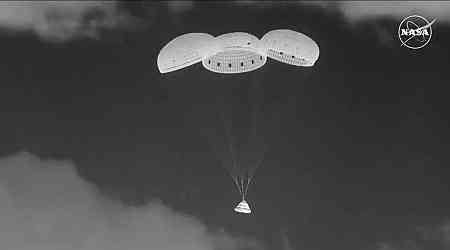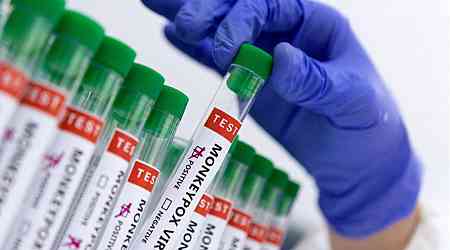A groundbreaking study from the National University of Singapore has revealed that it is possible to reverse the ageing process in mouse egg cells, offering new hope for fertility treatments. Researchers, led by Dr Rong Li, Director of the Mechanobiology Institute, have discovered a method to rejuvenate ageing mouse oocytes by placing them into younger follicles. This advancement could pave the way for similar approaches in human fertility, although more research is needed before applying these findings to people.
The Rejuvenation Technique
The process involves removing aged oocytes from older mice and transplanting them into young mouse follicles. As oocytes age, they face challenges with cell division, often resulting in chromosomal errors that increase miscarriage rates. By reintroducing these older oocytes into a young follicle, scientists claim they have managed to restore crucial connections and enhance cell function. This method has shown that oocytes can recover their youthful characteristics, leading to improved cell maturation and lower rates of chromosomal abnormalities.
Significance for Fertility
Rejuvenated oocytes exhibited better maturation rates and fewer chromosomal issues. When these eggs were fertilised and reimplanted into mice, there was a notable increase in successful pregnancies. Dr Rong Li and her team suggest that this method could potentially be adapted to human cells, offering a new avenue for treating age-related fertility problems.
Looking Ahead
The implications of this research are promising, claim scientists. If similar techniques can be developed for human use, they could transform the way age-related fertility issues are addressed. The study highlights the crucial role of the follicular environment in egg quality and points to future possibilities for enhancing reproductive health.
As scientists continue to explore these findings, there is optimism about the potential for new fertility treatments that could help many individuals struggling with age-related reproductive challenges.
































